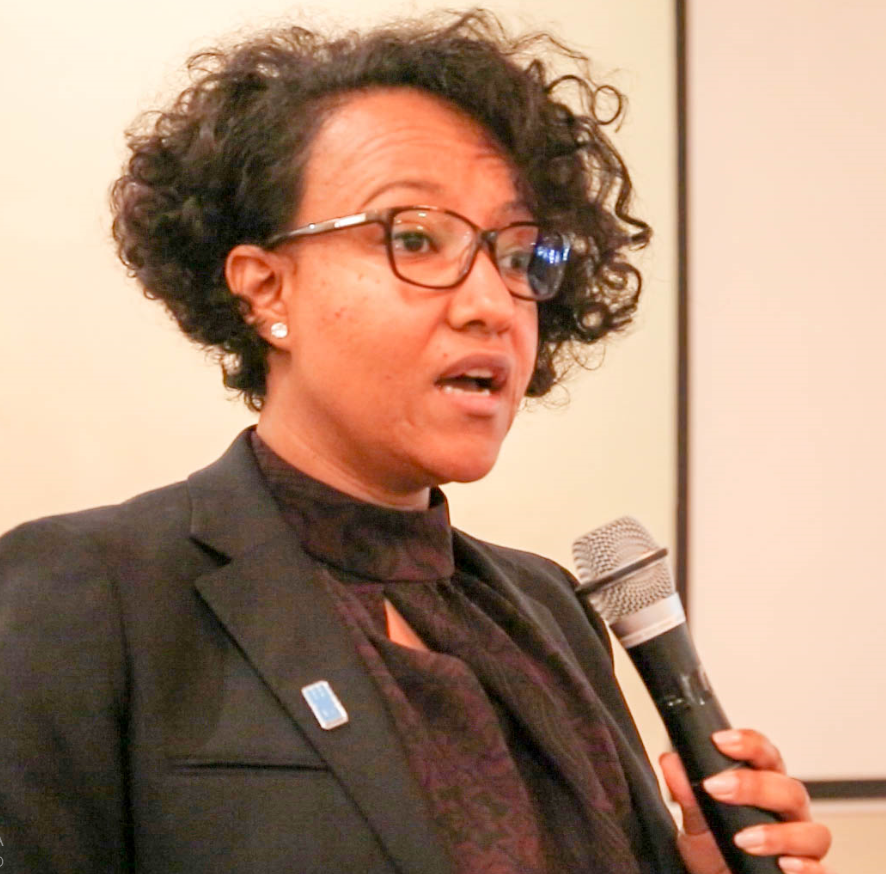Stakeholders Stress Need for Accelerated Integration on Nutrition-Sensitive WASH - ENA English
Stakeholders Stress Need for Accelerated Integration on Nutrition-Sensitive WASH

Addis Ababa August 1/201 A workshop on malnutrition, sanitation and hygiene stressed today the need for accelerated integration of nutrition-sensitive WASH issues.
According to a study on nutrition and water, sanitation and hygiene (WASH) presented at the workshop, Ethiopia’s progress to an integrated approach to tackling malnutrition, water and sanitation issues has been slow even if there are some important political commitments.
It pointed out that nutrition-sensitive WASH, water, sanitation and hygiene must be a top priority backed by enhanced coordination, accountability, budget allocation, capacity building and reliable data on malnutrition and WASH hot spots.
Presenting the study sponsored by Action against Hunger and WaterAid, WASH Technical Advisor Teklemariam Ayalew said low coordination among line ministries, unavailability of data and weak institutional knowledge and experience within ministries on how to plan, budget, deliver and monitor integrated programs are the challenges for integration of nutrition and WASH.
Creating new coordination mechanisms with clear leadership from outside and above line ministries will strengthen multi-sectoral coordination and accountability of ministries for nutrition targets and increase the likelihood of effective reporting at federal, regional and woreda levels, he added.
Sector Strengthening Head at WaterAid, Tseguereda Abraham said on her part Ministry of Health needs to integrate clear WASH indicators into its health and nutrition policies and plan at all levels of health care pyramid.
Moreover, having coordination mechanism among stakeholders plays pivotal roles in driving integrated multispectral investment and action, she added.
The study revealed that 39 percent of the population has access to "at least basic" water, 7.1 percent to "at least basic" sanitation, one percent access to "basic" hygiene facilities, and 38.4 percent of children under five years of age are stunted.
Such figures are significantly worse that global WASH access rates and fuel high national child malnutrition rates, it was noted.
Water Development Commissioner, Beshah Mogesse said the findings and discussion in the workshop will boost the government's effort in areas of tackling the problems.
Stressing the importance of integration among stakeholders, he added that the government is working with development partners to strengthen cooperation and solve sanitation and nutrition related problems.